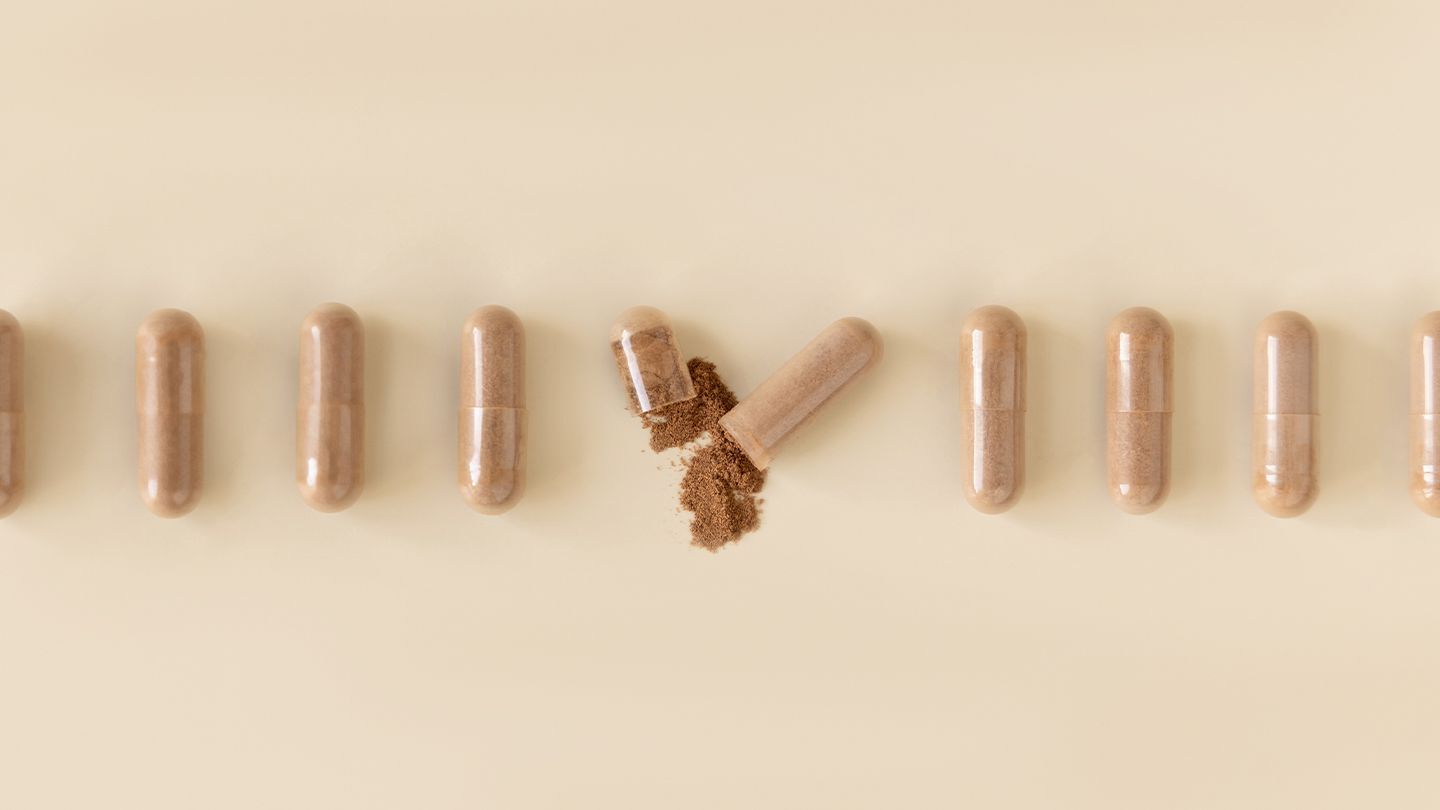
Ever wondered what the Food and Drug Administration (FDA) really does? This powerful agency plays a crucial role in ensuring the safety and efficacy of our food, drugs, and medical devices. From approving new medications to inspecting food production facilities, the FDA's responsibilities are vast and vital. But how much do you really know about this organization? Did you know the FDA also regulates cosmetics and tobacco products? Or that it has the authority to recall dangerous items from the market? Buckle up as we dive into 25 fascinating facts about the FDA that will give you a deeper understanding of its impact on our daily lives.
What is the FDA?
The Food and Drug Administration (FDA) is a federal agency of the United States Department of Health and Human Services. It plays a crucial role in protecting public health by ensuring the safety, efficacy, and security of drugs, biological products, and medical devices. Here are some fascinating facts about the FDA:
- The FDA was established in 1906 with the passage of the Pure Food and Drugs Act.
- It regulates over $2.5 trillion worth of consumer goods, including food, cosmetics, and tobacco products.
- The FDA employs more than 14,000 people, including scientists, inspectors, and administrative staff.
- It oversees the approval of new drugs and medical devices before they can be marketed to the public.
- The FDA's headquarters are located in Silver Spring, Maryland.
FDA's Role in Food Safety
Ensuring the safety of the nation's food supply is one of the FDA's primary responsibilities. The agency sets standards and conducts inspections to prevent foodborne illnesses.
- The FDA regulates approximately 80% of the U.S. food supply.
- It oversees the safety of all food products except for meat, poultry, and certain egg products, which are regulated by the USDA.
- The FDA enforces labeling requirements to ensure consumers have accurate information about the foods they purchase.
- It conducts inspections of food manufacturing facilities to ensure compliance with safety standards.
- The FDA has the authority to recall contaminated food products to protect public health.
Drug Approval Process
The FDA's drug approval process is rigorous and ensures that new medications are safe and effective for public use. This process involves multiple stages of testing and review.
- The drug approval process can take anywhere from 8 to 12 years.
- Clinical trials are conducted in three phases to test the safety and efficacy of new drugs.
- The FDA reviews data from these trials before deciding whether to approve a new drug.
- Post-marketing surveillance is conducted to monitor the safety of approved drugs.
- The FDA can require additional studies or take action if safety concerns arise after a drug is on the market.
Medical Device Regulation
Medical devices, ranging from simple bandages to complex surgical instruments, are also regulated by the FDA. The agency ensures that these devices are safe and effective for their intended use.
- The FDA classifies medical devices into three categories based on risk: Class I, Class II, and Class III.
- Class I devices, such as bandages, pose the lowest risk and are subject to the least regulatory control.
- Class III devices, like pacemakers, pose the highest risk and require premarket approval.
- The FDA reviews data from clinical trials to evaluate the safety and effectiveness of Class III devices.
- It also monitors adverse events and can issue recalls if a device is found to be unsafe.
Tobacco Product Regulation
In addition to food and drugs, the FDA regulates tobacco products to reduce the health risks associated with tobacco use.
- The FDA gained authority to regulate tobacco products in 2009 with the passage of the Family Smoking Prevention and Tobacco Control Act.
- It sets standards for the manufacturing, marketing, and distribution of tobacco products.
- The FDA enforces restrictions on tobacco advertising and promotion to reduce youth tobacco use.
- It requires warning labels on tobacco products to inform consumers of the health risks.
- The FDA conducts inspections of tobacco manufacturing facilities to ensure compliance with regulations.
Final Thoughts on the FDA
The Food and Drug Administration (FDA) plays a vital role in ensuring public health. From regulating medications to overseeing food safety, the FDA's work impacts our daily lives. Understanding its functions helps us appreciate the safety and efficacy of products we use. The agency's rigorous standards and continuous monitoring ensure that pharmaceuticals, medical devices, and food products meet high-quality benchmarks. This commitment to public health safeguards us from potential hazards and promotes well-being. Staying informed about the FDA's guidelines and updates can empower us to make better choices. So, next time you pick up a prescription or enjoy a meal, remember the FDA's role in keeping those products safe. Knowledge about this agency not only builds trust but also highlights the importance of regulatory bodies in our society.
Was this page helpful?
Our commitment to delivering trustworthy and engaging content is at the heart of what we do. Each fact on our site is contributed by real users like you, bringing a wealth of diverse insights and information. To ensure the highest standards of accuracy and reliability, our dedicated editors meticulously review each submission. This process guarantees that the facts we share are not only fascinating but also credible. Trust in our commitment to quality and authenticity as you explore and learn with us.


